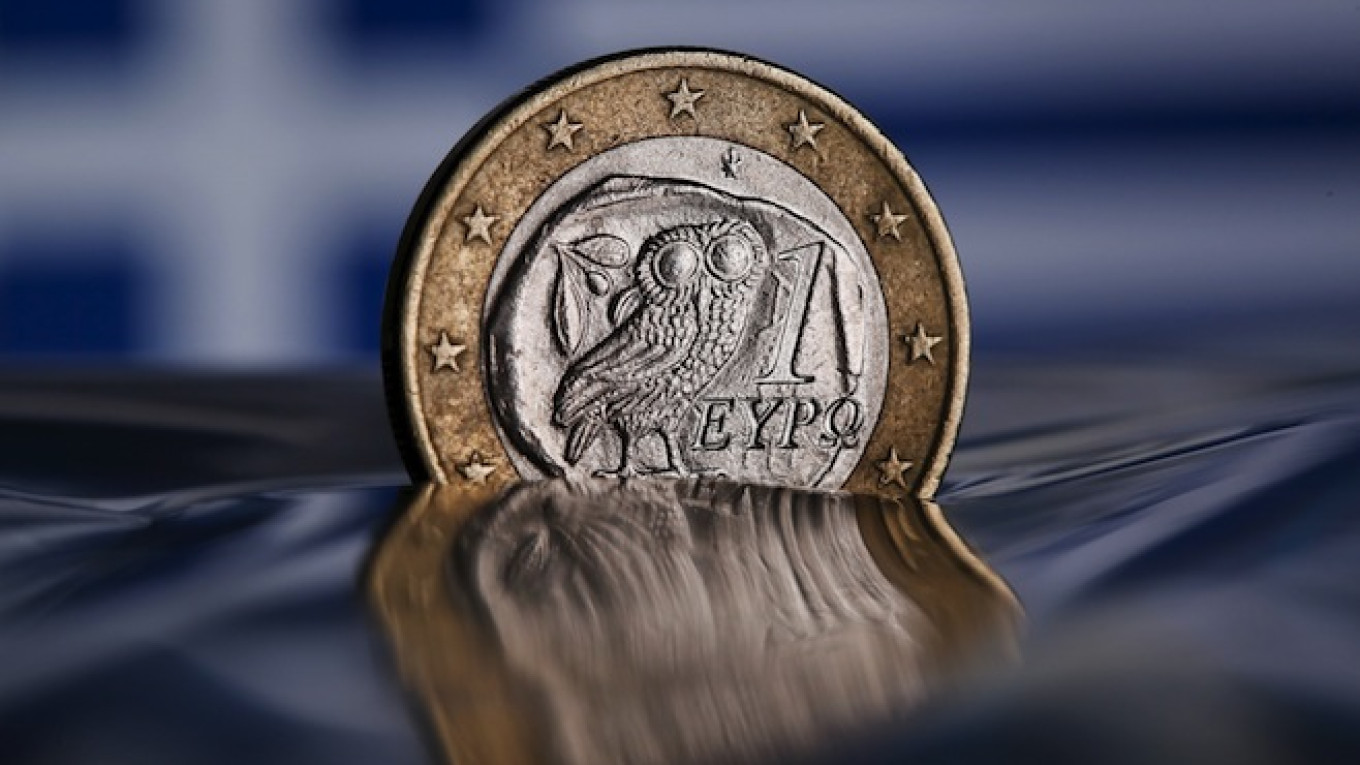UFA, Russia — Russian President Vladimir Putin said on Friday Greece had not asked Russia for aid to overcome its debt problems and questioned the European Union's handling of the crisis.
"Mr. [Prime Minister Alexis] Tsipras has not approached us for any help," Putin told a news conference in the Russian city of Ufa following a security summit and a meeting of the BRICS emerging economies.
He added: "We hope the crisis will be resolved in the near future."
The Greek government sent a package of reform proposals to its euro zone creditors on Thursday in a race to win new funds to avert bankruptcy and was seeking a parliamentary vote to endorse the immediate actions.
In the latest proposals, Greece has asked for 53.5 billion euros ($60 billion) to help cover its debts until 2018, a review of primary surplus targets and "reprofiling" the country's long-term debt.
Greece's debt problems have led to speculation that Russia might come to the aid of its fellow Orthodox Christian country, a move that would worry the EU, which has imposed economic sanctions on Russia over its role in the Ukraine crisis.
Implying criticism of the EU's handling of the crisis, and appearing to defend Tsipras, he asked where the executive European Commission had been when problems were accumulating in Greece.
"Of course, the Greeks could be blamed for everything, but where was the European Commission if there were violations in their behavior? Why did it not make corrections to the economic agenda of earlier Greek governments?" Putin said.
Greek banks have been closed since June 29, when capital controls were imposed and cash withdrawals rationed after the collapse of previous bailout talks.
Greece defaulted on an IMF loan repayment the following day and now faces a critical July 20 bond redemption to the ECB of 3.49 billion euros ($3.9 billion), which it cannot make without aid.
The country has had two bailouts worth 240 billion euros ($267 billion) from the euro zone and the IMF since 2010, but its economy has shrunk by a quarter and unemployment is more than 25 percent.
A Message from The Moscow Times:
Dear readers,
We are facing unprecedented challenges. Russia's Prosecutor General's Office has designated The Moscow Times as an "undesirable" organization, criminalizing our work and putting our staff at risk of prosecution. This follows our earlier unjust labeling as a "foreign agent."
These actions are direct attempts to silence independent journalism in Russia. The authorities claim our work "discredits the decisions of the Russian leadership." We see things differently: we strive to provide accurate, unbiased reporting on Russia.
We, the journalists of The Moscow Times, refuse to be silenced. But to continue our work, we need your help.
Your support, no matter how small, makes a world of difference. If you can, please support us monthly starting from just $2. It's quick to set up, and every contribution makes a significant impact.
By supporting The Moscow Times, you're defending open, independent journalism in the face of repression. Thank you for standing with us.
Remind me later.



